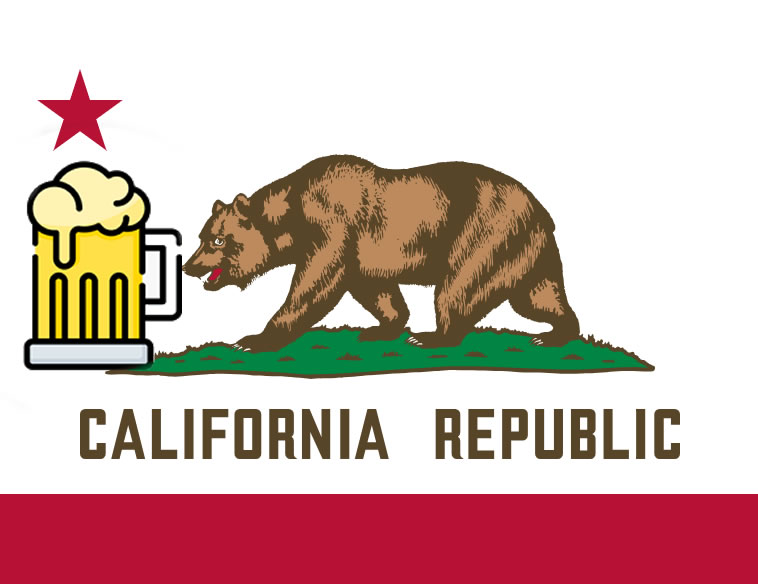The Most Common Mistakes When Applying for a Liquor License in California
Applying for a liquor license in California is a detailed process that demands precision and preparation. Unfortunately, many applicants face delays or denials due to avoidable mistakes. These errors can cost time, money, and even the opportunity to open your business.
Here’s a breakdown of the most common pitfalls and how to avoid them.
Overlooking Local Zoning Laws
One of the biggest mistakes is failing to confirm that your business location complies with local zoning laws.
California cities and counties regulate where alcohol can be sold. If your business is too close to schools, churches, or residential areas, your license application may be denied.
Before submitting your application to the Alcohol Beverage Control (ABC), contact your local zoning office. Confirm that your location meets all requirements.
Incomplete or Inaccurate Applications
An incomplete application is a surefire way to slow down the licensing process. Missing documents, incorrect information, or unsigned forms can lead to delays.
Ensure your application includes:
- Proof of property ownership or a lease agreement
- A detailed floor plan of the premises
- Financial disclosures and personal identification
If you’re unsure about the process, consider hiring an ABC Consultant or Liquor License Consultant. These experts can help you prepare a thorough and accurate application.
Ignoring the Liquor Lottery
In some areas, licenses are distributed through a Liquor Lottery due to limited availability. Many applicants don’t realize this system exists and miss out on opportunities.
Check with the ABC to see if your desired license type is subject to the lottery. If so, prepare your application carefully to improve your chances of success. Winning the lottery doesn’t guarantee approval, but it’s the first step in securing a highly sought-after license.
Underestimating the Cost of a Liquor License
The cost of a liquor license varies widely depending on the license type and location. For example, licenses in high-demand areas like Los Angeles or San Francisco can cost hundreds of thousands of dollars.
Many applicants fail to account for additional expenses, such as:
- Application fees
- Consultant or attorney fees
- Zoning or permit costs
- Taxes and renewal fees
Create a detailed budget before you start the application process. This will
help you avoid financial surprises and ensure you’re prepared to cover all associated costs.
Failing to Resolve Outstanding Issues
If the liquor license you’re transferring or applying for has unresolved issues, such as unpaid taxes or prior violations, your application could hit a dead end.
Before proceeding, ensure all debts, fines, or disputes tied to the license are cleared. This step is especially critical during a liquor license transfer, where the new owner inherits any unresolved problems.
Misunderstanding Temporary Liquor Licenses
Some applicants assume a Temporary Liquor License is a shortcut to full approval. While it allows you to sell alcohol during the application review process, it’s not guaranteed and comes with strict conditions.
Applying for a temporary license requires additional documentation and fees. Ensure you meet the criteria before including it in your plans.
Not Preparing for the Public Notice Period
The ABC requires applicants to post public notices at their business location. This step informs the community about your intent to sell alcohol and allows them to voice objections.
Ignoring community concerns or failing to communicate your plans can lead to complications. Engage with local stakeholders early to address potential objections and build goodwill.
Going It Alone
Many applicants try to navigate the process without professional help, leading to costly mistakes. While hiring an ABC Consultant or Liquor License Consultant adds to your expenses, their expertise can save you time and prevent errors.
Consultants can:
- Identify potential issues before they arise
- Guide you through the application process
- Liaise with the ABC on your behalf
Their assistance is particularly valuable for complex applications or competitive markets.
Rushing the Process
Obtaining a liquor license takes time. Rushing through the application process often results in mistakes.
Plan ahead and allow several months for approval. Being patient and thorough will increase your chances of success.
Avoiding Common Pitfalls Leads to Success
Applying for a California liquor license requires attention to detail and a clear understanding of the rules. By avoiding these common mistakes, you can streamline the process and reduce stress.
Whether it’s hiring a consultant, double-checking your paperwork, or understanding local zoning, taking the right steps upfront ensures a smoother path to approval. Set yourself up for success and focus on what really matters—building your business.


